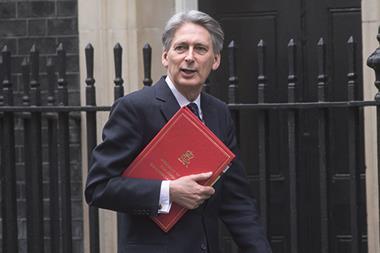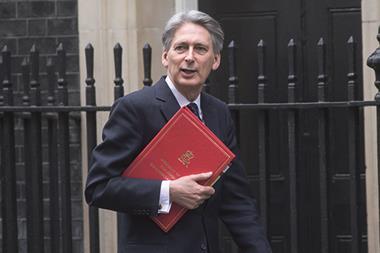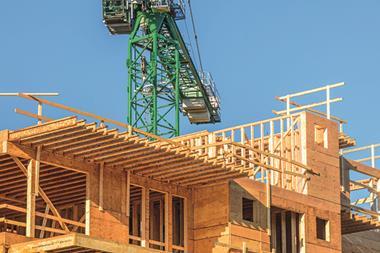While the Chancellor’s Autumn Statement announcement that new fibre optic broadband infrastructure will benefit from 100% business rates relief for 5 years should be welcomed, unfortunately this only addresses the tip of the iceberg.

This is something GVA has been fighting for 25 years. In the early 1990’s we ran a court case on whether fibre was rateable. The government relented before the hearing only to use their legislative powers to change the law at their next opportunity in 1995.
We lobbied against the change but were not listened to. Ever since there has been enormous tension between wanting to encourage investment in fibre and taxing it out of existence. Many investors went bankrupt in the early 2000’s and fibre tax will have played its part in that. The Government has now realised the scale of that tension and this buys them five years to come up with a more workable solution.
Government investment in full-fibre will help more UK homes and businesses get #superfastbroadband #AutumnStatement https://t.co/7wkxdnTiwB pic.twitter.com/VDJo8Hh7VJ
— DCMS (@DCMS) November 23, 2016
We also welcome the chancellor‘s proposal to invest more than £1 billion in broadband infrastructure. But unfortunately we believethis only addresses the tip of the iceberg. Significantly larger funds and a smarter allocation, geographically, of faster broadband remains an urgent requirement.
Internet speeds at 30 megabytes in UK cities are some of the slowest in Europe, and for an economy that purports to be one of the world’s largest, unless we are running closer to 100 mb, this will continue to present problems for the UK. The real challenge however is how to address broadband speed in rural areas where there remain multiple “not spots”.
Giving businesses of all sizes the ability to work remotely in an effective and agile way should remain one of the government’s absolute priorities, if it claims to support entrepreneurialism and business start-ups. We would go further to suggest that investment in broadband should be treated as ‘high value infrastructure’, just as roads and rail are. Logic would suggest that increased internet access and speed would reduce commuter congestion.






























No comments yet